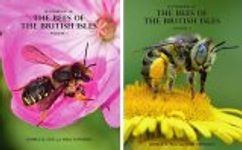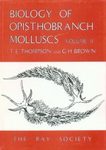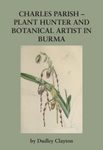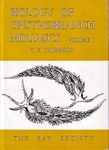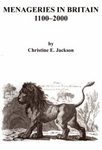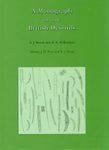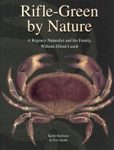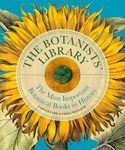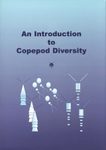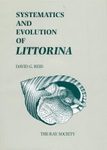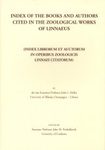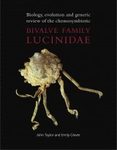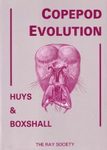Monograph
By: John Ray(Author), Stephen A Nimis(Translated by), Kathleen Tschantz Unroe(Translated by), Michael A Vincent(Translated by), Michael Black(Contributor), Mark W Chase(Contributor)
182 pages, 2 plates with b/w illustrations
![Methodus Plantarum Nova [English] Methodus Plantarum Nova [English]]()
Click to have a closer look
About this book
Customer reviews
Biography
Related titles
About this book
John Ray (1627-1705) contributed several important concepts to the field of plant taxonomy: first, the division of plants into groups based on seed leaves (Monocotyledonae and Dicotyledonae); second, the differentiation between flowering and flowerless plants; third, the use of the term "petal" to designate the "leaf" of the flower; fourth, the use of stamens and pistils in plant classification, anticipating the emphasis of Linnaeus. Ray worked towards a natural classification of plants that was based on more than one "data set": classification should not use a single character but ideally should make use of as much information as was available for as many parts of the plant as possible. In this way his work foreshadowed that of Lamarck, de Jussieu and de Candolle in France, and then Bentham and Hooker in England. He worked to popularise the study of plants, to bring it to the level of science, and to systematise previous knowledge of plants into a workable whole. If not for the innovative use of binomials by Linnaeus, perhaps John Ray might have been more widely remembered as the true "Father of Plant Taxonomy".
Ray sets out his 'new' classification of plants in Methodus Plantarum Nova and discusses some basic aspects of their biology. This book is its first English translation: though occupying an important place in the history of Botany, hitherto it has been available only in its original language, Latin.
Customer Reviews
Biography
Stephen A. Nimis received his PhD in Comparative Literature from the University of Minnesota and is now Professor of Classics at Miami University, Oxford, Ohio. His published work includes several commentaries and translations of Greek and Latin texts from the classical and post-classical periods.
Kathleen Tschantz Unroe (MD,MHA) is currently an Assistant Professor of Medicine at Indiana University and an Investigator with the IU Center for Aging Research and the Regenstrief Institute, where she focuses on improved quality of care in nursing homes. She collaborated on this translation while an undergraduate at Miami University.
Michael A. Vincent is a plant sytematist with special interest in Fabaceae worldwide. He received his PhD from Miami University, and has been a curator of the MU herbarium for 30 years. His interests include botanical history, nomenclature and floristics. He is a member of the Flora of North America board of directors, and is working to produce a new flora of the Bahama Archipelago.
Michael Black is Emeritus Professor of Plant Physiology at King's College, University of London. His published research largely covers seed development and germination. He has co-authored four books on seed physiology and edited others on general seed biology, seed technology and plant desiccation. He is the founding editor of the journal Seed Science Research and founder of the International Society for Seed Science.
Mark Chase has worked at the Royal Botanic Gardens, Kew, since 1992 and became Keeper (Director) of the Jodrell Laboratory in 2006. His research interests include classification of angiosperms, orchid evolution and the role of hybridization and polyploidy in speciation. He has published more than 470 scientific papers and book chapters, as well as seven books. He is a fellow of the Linnean Society of London and the Royal Society.
Monograph
By: John Ray(Author), Stephen A Nimis(Translated by), Kathleen Tschantz Unroe(Translated by), Michael A Vincent(Translated by), Michael Black(Contributor), Mark W Chase(Contributor)
182 pages, 2 plates with b/w illustrations






![Methodus Plantarum Nova [English] Methodus Plantarum Nova [English]](http://mediacdn.nhbs.com/jackets/jackets_resizer_xlarge/22/223935.jpg?height=620)
![Methodus Plantarum Nova [English]](http://mediacdn.nhbs.com/jackets/jackets_resizer/22/223935.jpg)




